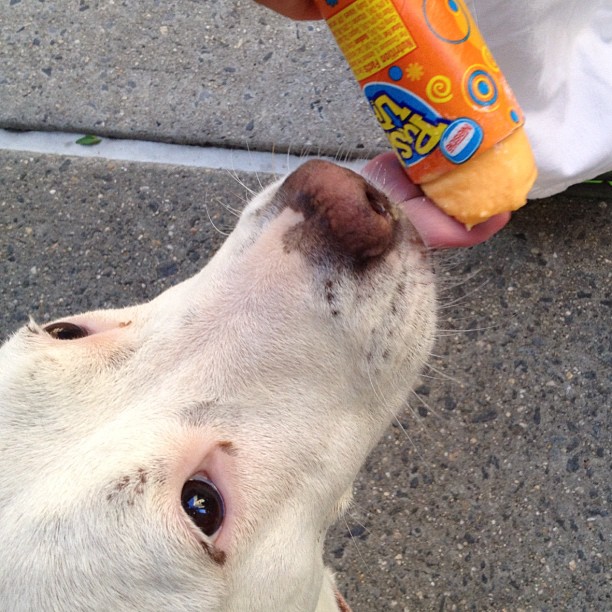
Damn, clothing industry, did you get a new haircut, too!?
The clothing industry is finally partaking in a little retail therapy, as a band of brands — from Adidas to Patagonia to Walmart — takes the first steps in measuring the environmental impacts of making our tees, ties, and toe shoes.
The Sustainable Apparel Coalition, which represents around a third of the world’s apparel dollars, publicly released its long-awaited Higg Index Thursday morning. The index measures the overall practices and policies of a company, specific product components (such as fabric), and the water, waste, and energy used to run facilities (millhouses, warehouses, etc.).
The Higg Index is a mashup of tools developed by Nike and the Outdoor Industry Association, a trade group for companies that make gear and clothes for the hiker/boater/climber set. The coalition piloted the index with over 60 companies and hundreds of products and spent over 1,300 human hours improving the tool, according to Executive Director Jason Kibbey.
If you’re waiting for an “organic”-style label for clothing, don’t hold your breath, however.
“This isn’t just about putting a seal of approval on a product, and I think that’s what’s really different from a lot of other standards or certifications,” Kibbey says. “It’s not like saying, ‘You passed, you’re good enough. Go about your business while the planet continues to deteriorate.’”
Instead, for the time being, the Higg Index will be used internally. The coalition hopes businesses — from the greenest eco-conscious business to the flimsiest clothing company — will use the tool to do a little self-reflection and continuously improve.
“The old adage is, ‘You don’t manage what you don’t measure,’” says Kevin Myette, director of product and supply chain sustainability for the outdoor clothing and gear giant REI, which helped test the tool. “The index allows you to be very systematic about management. As you engage more with the supply chain, they become more comfortable with why we’re asking these questions.”
That is, companies become conscious of environmentally destructive habits — and that, Myette says, spurs them to change. “It’s not about, ‘You’re checking me.’ It’s more about, ‘Wow, if I do this, I can actually improve my organization, my business.’”
In an age where most companies have figured out that greenwashing is more profitable than actual sustainable practices, you’re forgiven for being skeptical. Without the ability of the public to really dig into companies’ findings (the coalition hopes to release a consumer-facing aspect of the tool, but doesn’t know when that will happen), we’ll be hard pressed to hold them accountable for the problems they discover. And it’s hard to imagine big businesses taking a cut in profits to fix major issues the public doesn’t even know about.
Still, Kibbey says, it’s in companies’ best interest to get up to speed on problem areas. Failing to understand social impacts has been “a very painful process” for many companies, Kibbey says. (For example, Gap was embarrassed and had to scramble on PR in 2007 when a newspaper uncovered photos of child labor in its supply chain.)
“[The companies] don’t want to go through that again with sustainability and environmental impacts,” Kibbey says. “They’ve already been bruised by that once before. I don’t think anyone felt good about it.”
While it’s tempting to laugh off a coalition that includes H&M as just a corporate tool, greater transparency and self-reflection are never a bad thing. “The world is going to buy clothing unless there was some sort of a government mandate that required people to buy less clothing,” says Kibbey. [Editor’s note: Sounds like someone’s never heard of Agenda 21.] “What we’re trying to do is allow people to make better decisions.”
It could be a few years before consumers are given the tools and inside information to make better decisions, too. Until then, keep an eye out for news about the worst offenders and take a big breath before making any purchases. And lay off the toe shoes, will ya?



